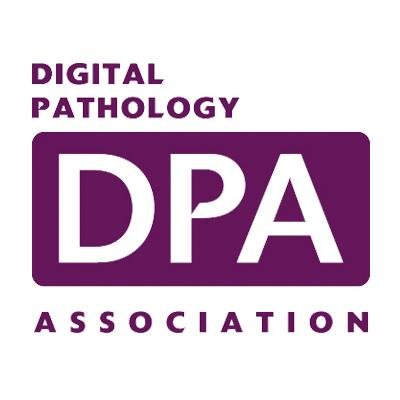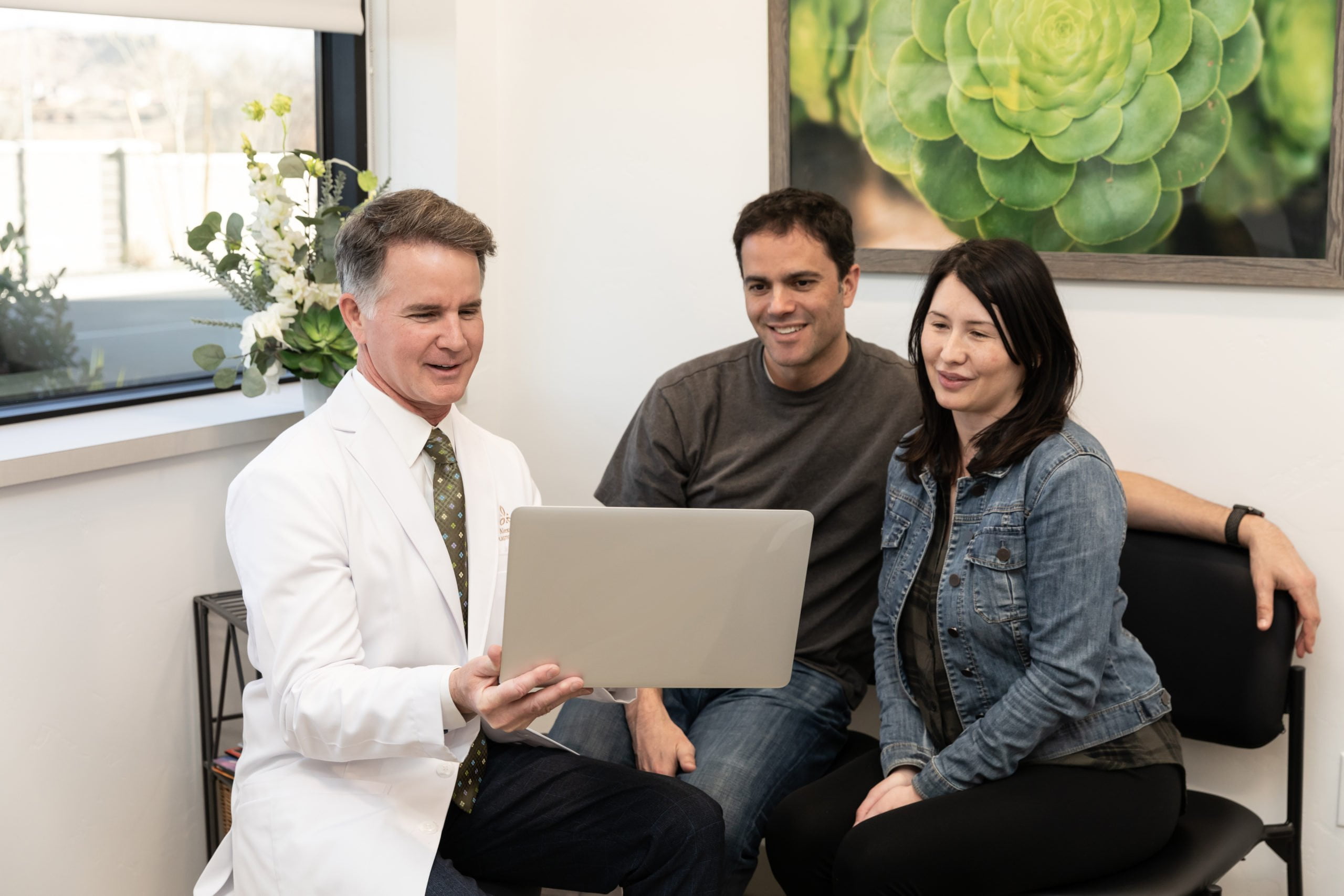- Joined
- Mar 7, 2010
- Messages
- 20
- Reaction score
- 1
I want to get y'all reviews on digital pathology sign out. what instrument do you use to scan. How feasible is it?
Many thanks
Many thanks
Echoing this, programs expanding or maintaining large resident rosters reflects very poor forward planning.the value? If the difference is between paying an entire another FTE OR having digital and beaming the cases to beach or the snow, even if it the cost is a 150K set up, your ROI is mere months.
I think digi will KILL demand for new pathologists coming out of training though. Even with this big wave of retirements, if you arent a "made pathologist" by now, you are looking at a drop in new staff pay as a result IMO.

Where can one find the venture capital interest in this?Digital pathology is here to stay. There is significant venture capital funding into several digital pathology companies at the moment - and AI is just around the corner.
For practical aspects of digital pathology, check out the Digital Pathology Association
CAP also has guidelines for validation on their website.
DPA: Digital Pathology Association
Digital Pathology Association (DPA) - Benefits include access to workshops and seminars, as well as a registration discount for the Pathology Visions conference.digitalpathologyassociation.org
Where can one find the venture capital interest in this?
So the VC focus is on AI and not consolidation of practices?Many health care VC funds are investing in AI companies. Check out the investors for the major digital pathology companies - Path AI, Paige, Proscia, PathologyWatch - even Google has a pathology AI branch.
So the VC focus is on AI and not consolidation of practices?
So the VC focus is on AI and not consolidation of practices?
Meh, I have been doing both digital and traditional for the past year, and what stands out to me is how much slower digital is. Unless the interface improves to the level of a slide on a stage in terms of speed, there is a limit to how much digital pathology can improve efficiency. If you want to double your caseload with digital, you are going to triple or quadruple the amount of time you are working.

 medevel.com
medevel.com

 pathologywatch.com
pathologywatch.com
Agree- independent AI pathology is not happening - you still need a human to actually sign off on the report. However, AI can be used to triage and/or give out preliminary reports - this is already happening in radiology and pathology. At the end of the day, you need less pathologist work-hours, less pathologists "on-site", and can triage cases to specialists appropriately. My hope is that in the long future we can standardize diagnoses - there is too much variability out there.
As for liquid biopsies - as far as I know that technology is still greater than 10+ years away (for primary diagnosis), whereas it is helpful for detecting recurrence.
All of those platforms look like they require a mouse. I have a lot of experience with Aperio and Qpath, which we use to do consults from overseas. Maybe it's just me, but pointing and clicking a mouse accurately takes more time than slapping a slide around. To beat the speed of glass, they're going to have to come up with a fingers on a pad arrangement (not a touch screen -- too big) or an eyeball-tracking system.
AI is ready to go, please look at the Ibex company's prostate biopsy tool. This thing basically acts like a really good fellow who previews, writes up the case, and marks where the cancer is. And won't complain about it. Like most of AI in the near future, it is an assistant rather than a replacement.
yeah, it's probably more interesting to very large hospital departments
It's also easy to imagine CMS looking for where to cut more reimbursement and seeing the automation as a justification to cut even more. We pay you 32 bucks when a computer does most of the work? We're knocking that down to 15$.Even as an adjunct assistant, the cost of the AI would have to be phenomenally cheap for me to use it. My brother works in software, it is all a giant grift. Software wants huge sums of money from you on a subscription or per click model.
Yay, I just added 20 bucks in cost to a case medicare pays me 32 bucks for! Yippeee!!!
Get in on those AI, EV (NIO, Tesla), solar, autonomous driving stocks now if you haven’t.Folks, my Wife and I bought ( with in-law help because it was all $5000) a new, first IBM PC in 1981 and COBOL compiler. The computer had a 360 K 5 1/4 inch floppy disc so she could study COBOL ( common business oriented language). The microprocessor was an IBM 8088.
Shortly, we got a dial up modem at 300bps.
Things have gone exponential (except mesothelioma) and I am sure AI will be a big deal sooner than we think.
Get in on those AI, EV (NIO, Tesla), solar, autonomous driving stocks now if you haven’t.
I'd be curious to know what role lithium batteries played in the F1 fire yesterday. That was pretty frightening. I have zero interest in EV right now. Love my gas guzzling Dodge.
Doesn't really make much sense to hate on lithium batteries for causing fires while driving something that literally uses explosions/fire for locomotion.I'd be curious to know what role lithium batteries played in the F1 fire yesterday. That was pretty frightening. I have zero interest in EV right now. Love my gas guzzling Dodge.
